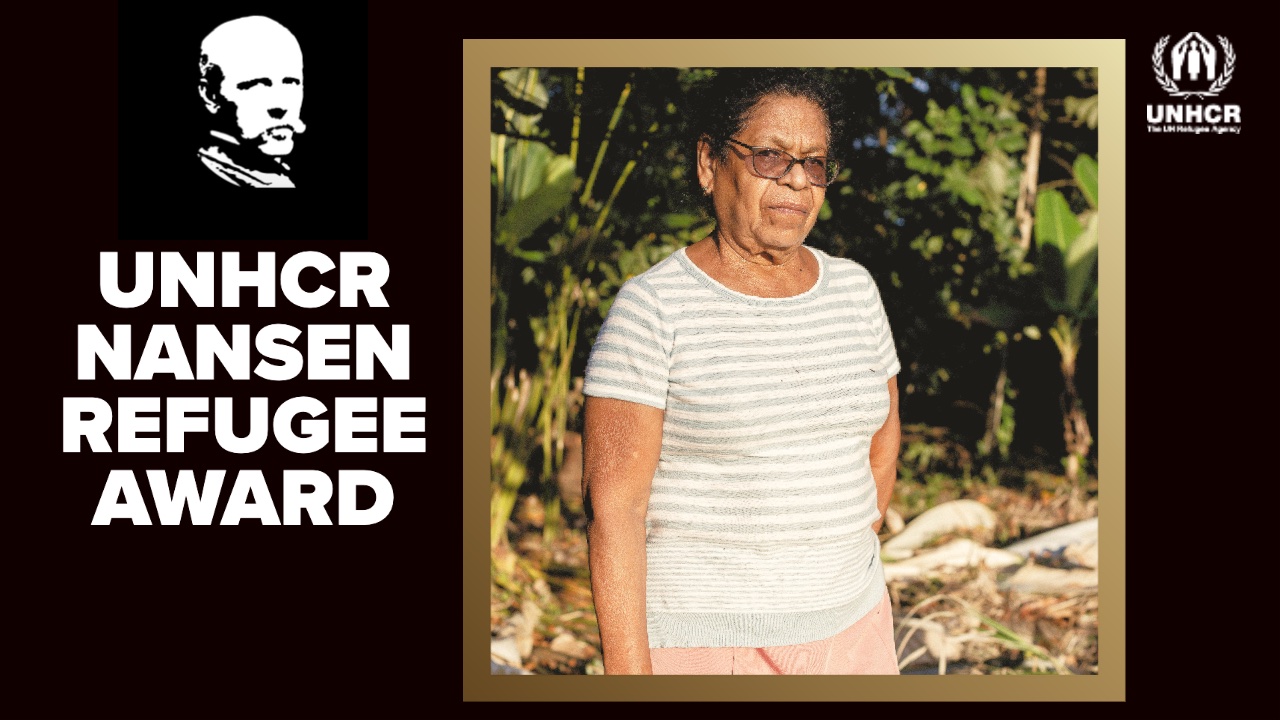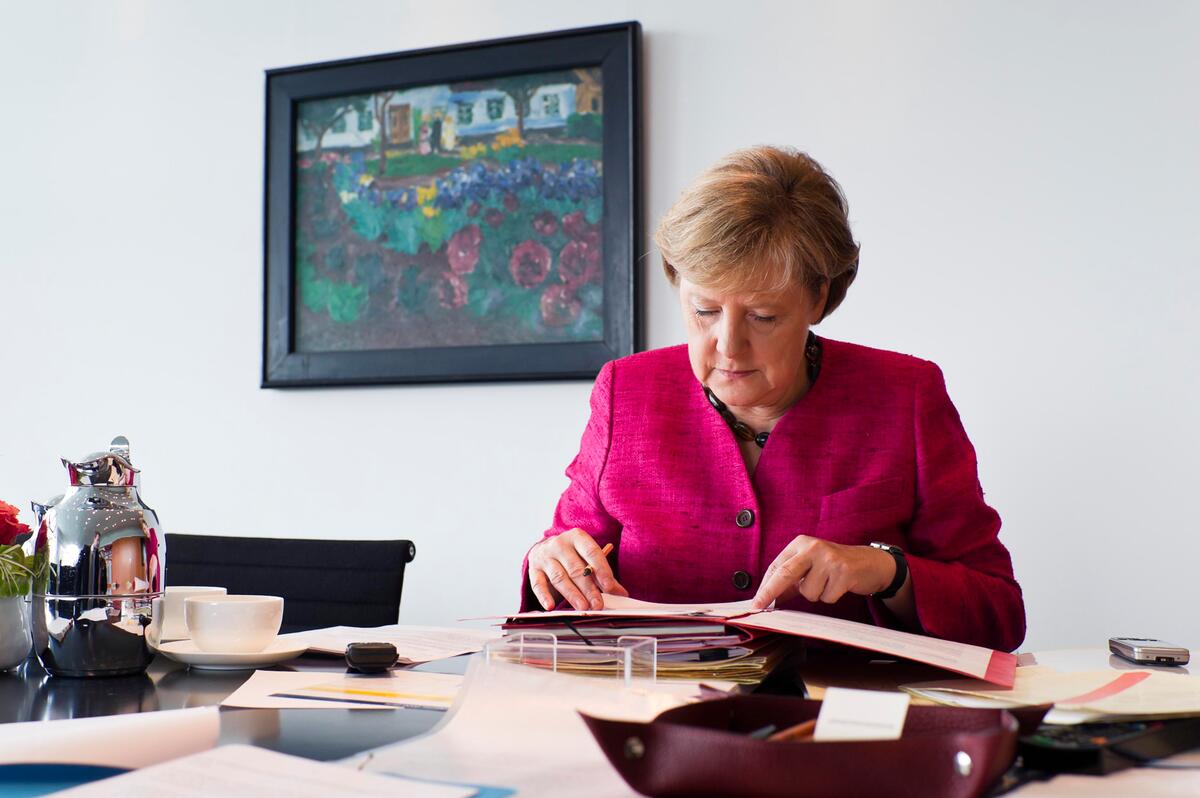A hell like no other

A hell like no other
Tortured. Electrocuted. Sold into slavery. Every day, hundreds of kidnapped women and girls in Iraq and Syria suffer violence and abuse at the hands of militants. Those lucky enough to escape or be released often have no home or family to return to.
They are Yazidi women, persecuted for their faith. Women like Amusha, the mother of two daughters who were stolen from her arms, and Sabreen, whose four-year-old sister was forced to watch as she was electrocuted.
As conflict intensifies, humanitarian organisations struggle to meet the needs of survivors of violence and human rights abuses. Together with the Iraqi Government, UNHCR and its partners have been providing aid for months. But much more needs to be done.
On a recent visit to refugee settlements in Iraq, UNHCR Special Envoy Angelina Jolie met Amusha and others like her – all of them survivors of kidnapping and detention who managed to escape or get released.
"Nothing can prepare you for the horrific stories of these survivors of kidnap, abuse and exploitation and to see how they cannot all get the urgent help they need and deserve," Jolie said. "The needs so dramatically outstrip the resources available in this vast crisis. Much more international assistance is needed."
Meet three survivors of an unspeakably vicious war.
Naseema
Violent sobs wrack Naseema's body as she recalls the day when insurgents came to kidnap her family. "My eldest daughter was screaming. She was shouting at them, 'I will never go with you!'"
Like many Yazidi women, 45-year-old Naseema spent months in captivity. She now lives in an abandoned building near Dohuk, after finally being released, but the torment isn't over. Her eldest daughter has since been sold to a man in Syria, she says, and her husband and nine-year-old are missing.
With just her two youngest sons left, the mother of seven prays for her family to be reunited. "Imagine taking one's family before one's eyes, how it would be," she says. "It is like a bird that flies and disappears suddenly."
Sabreen
Sabreen is still haunted by the memory of the day her father was taken away. "They took all the men to trucks," she remembers. "We heard a lot of gunfire. The children came in crying and said all the men are dead."
Although the 22-year-old is now safe in Dohuk, thoughts of what she and her family went through are never far away. "My mother and I cried very much," she recalls. "We pleaded to them to take us together."
At gunpoint, Sabreen, her four-year-old sister Dilvian and her mother were imprisoned in Mosul and then sold as slaves in Syria. There, Sabreen was tortured and electrocuted for one hour every day while her younger sister was forced to watch.
The pain of losing their father never subsides. "When I go to bed I can't sleep," says little Dilvian. "I am always thinking of my father. I miss him. I want to tell him he is always on my mind."
Amusha
Amusha was among 196 Yazidis released in January 2015. Now she waits anxiously for news of her 35-year-old daughter, who is believed to be in Raqqa, Syria, where women are sometimes taken to be sold.
A widow for 34 years, Amusha has experienced loss before. But the absence of her beloved daughter is especially painful.
Rocking gently on the floor of her tent, she recalls the moment when fighters came to her village. "They brought buses and packed them with beautiful and young girls," she says, her eyes swollen with tears. "They took my daughter and left 12 of us behind."
At that, her face crumples. The memories are too painful to bear. "My daughter is like a shining star," she sobs.
Naseema's story was also published by The Huffington Post. Sabreen and Amusha's stories were also published by The Guardian.











